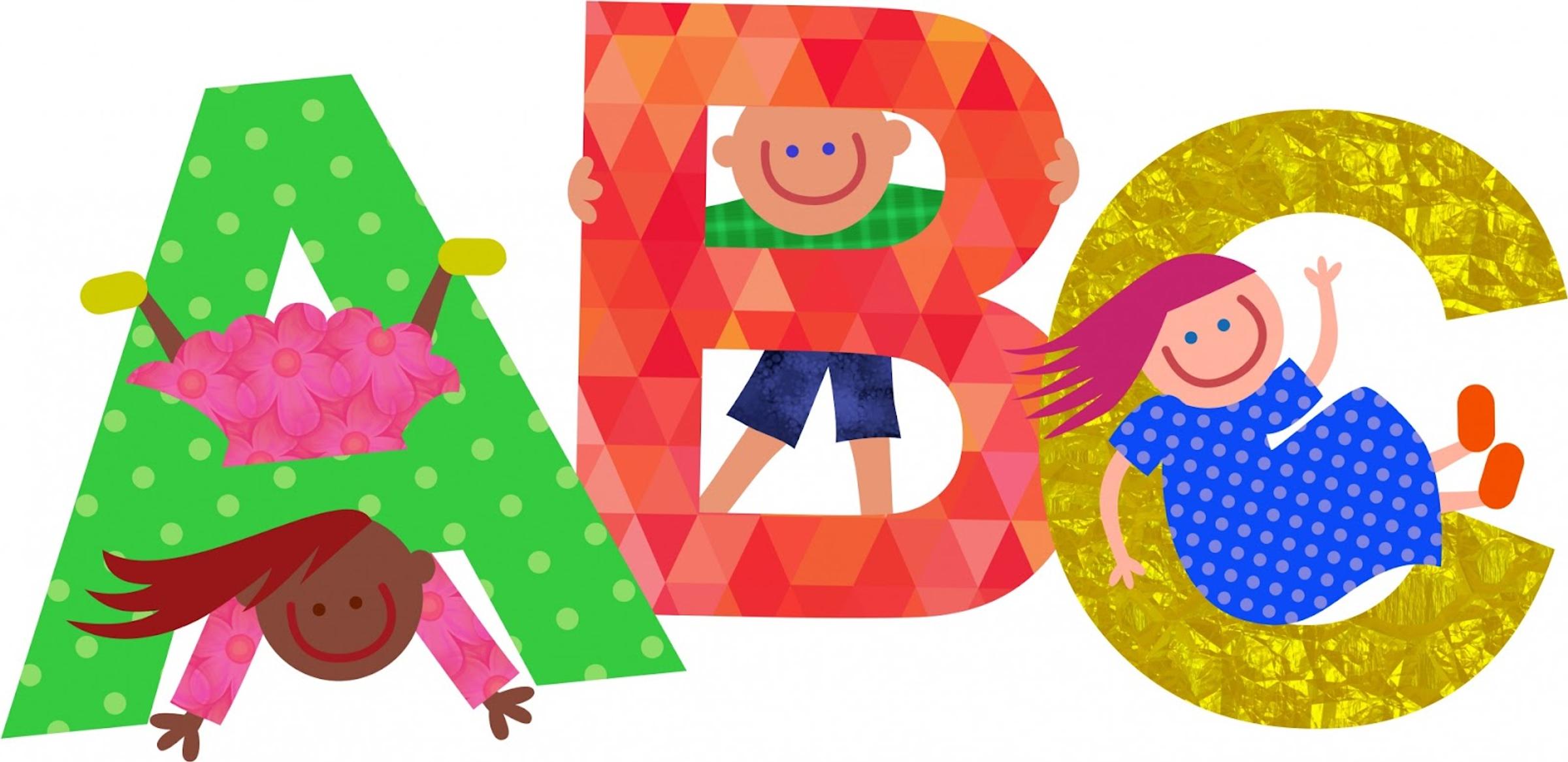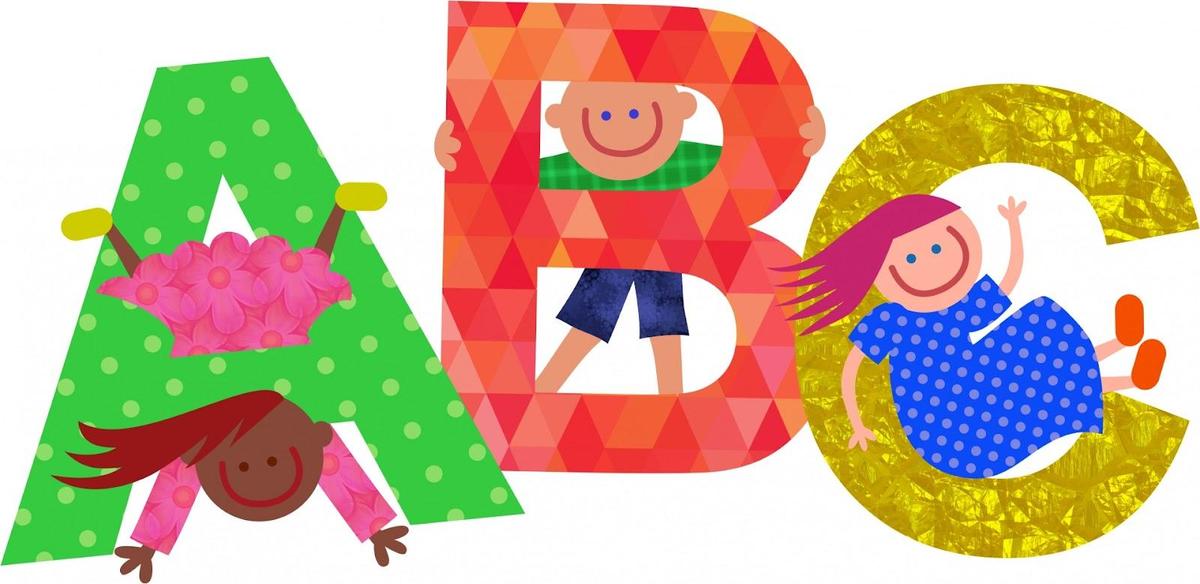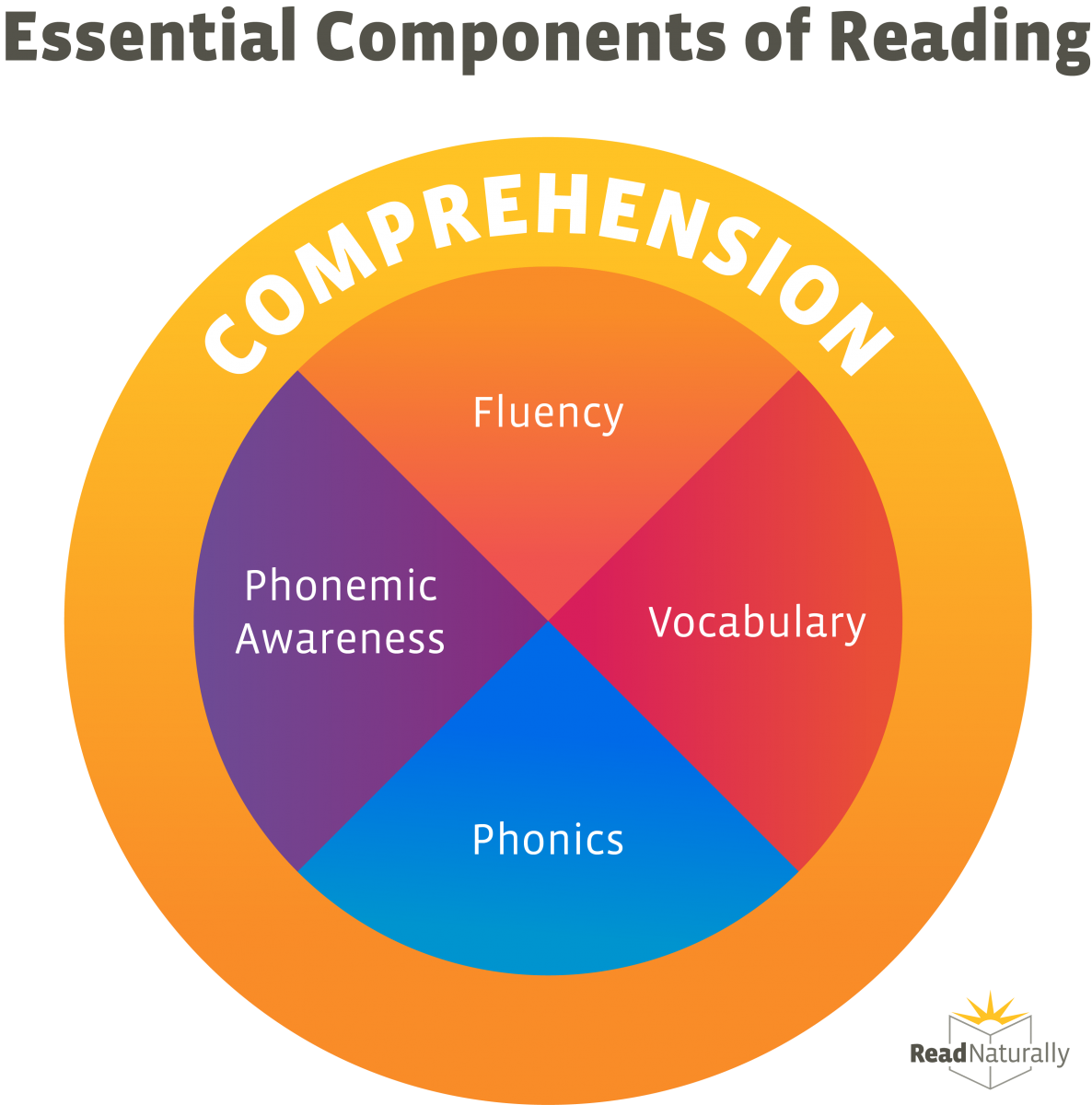English News

Week 6
English - Years 3-6
Some tips for Home Reading
Establish a home reading routine. If possible, read aloud with your children everyday. Ten minutes for each child around a book of his/her choice. During home reading time, turn off electronic devices and give each child ten minutes of your undivided attention.
If reading time is stressful, move the reading to a new location. Instead of sitting at the kitchen bench, move to the lounge room floor, or go outside and sit under a tree. Find a reading time that works for your family. Limit the time and set the timer if reading in the past has always been difficult. It is better to have an enjoyable 10 minutes than a laborious 30 minutes where everyone is left feeling frustrated. At the end of the 10 minutes, ask questions that encourage discussion, for example: What was your favourite part? Tell me about the characters. What do you think will happen next? What did you think about that setting? What do you like/ dislike about this book? There is no need to interrogate the reader, make it a conversation.
Encourage your child to read independently. A bedside light is one of the best enticements for your child to read before going to sleep. After the 10 minutes of reading with you, the child can elect to continue reading independently. The less you interrupt the 10 minutes of reading, the more you are supporting the reader's independence, resilience and confidence.
Avoid judging your child’s reading with words such as: ‘good’, ‘excellent’ or ‘getting better’. Instead say things about the strategies your child uses when reading such as: ‘I like how you sounded out when you came to that difficult word.’ ‘I like how you changed your voice to be the voice of the character in the story’. ‘I noticed that you reread the bit that did not make sense.’
If your child is reading independently and has reached the level of chapter books, it is not necessary for you to read aloud together any more. Your job is done. That is not to say, you cannot continue to share reading time because it is what you love to do as a family or that you sit and read silently together or that you talk about the books your child is reading because you are interested in his reading choices. Readers read differently in their heads as compared to reading aloud.
Visit the local library — make it a family ritual on a set day every week. Let your children select their books while you select books you are interested in reading. Not every book has to be read cover to cover. Your child might select books based on illustrations or factual information about a topic of interest.
Model what it means to be an enthusiastic reader. Create a home of readers where everyone reads – It is just what we do in this house! Talk about what you have read. Read aloud what makes you laugh and share it with your child .
Soundwaves Spelling - Years 3-6
The next few weeks Years 3-6 will be covering units:
Dymocks has a Creative Writing Competition available to enter for all Primary Students. Check it out at: https://beyondwords.dymockstutoring.edu.au/
Kim Hill
Years 3-6 English Coordinator
K-2 English Update
Thank you to all of the parents that attended one of the phonics/reading sessions last week. It was great to see such good turnouts to both sessions. If you missed out and would like to attend a session later in the term or early next term, please put your name down on the attached doc. If there is enough interest we will run one more session.
Research has definitively proven that to become skilled readers, children need direct, explicit instruction in these five components:
Phonemic Awareness, Phonics, Fluency, Vocabulary, Comprehension
Once children have a strong phonics and phonemic awareness we can then build up their fluency when reading and vocabulary knowledge. This then leads to comprehending texts.
Comprehension begins with vocabulary. When reading with your child it is important to discuss words and their meanings to build vocabulary knowledge. The more words a reader knows and understands, the more they are able to comprehend what they’re reading or listening to.
PHONICS This week…
Kindergarten
Week 6: Review: s a t
New Sounds: p i n nn (tap pat sap Ann)
Next Week: Consolidate s a t p i n nn (pan tan nap pit nit tip pip sit pin tin)
Year 1
Week 6: ck and qu (kick, stuck, back, quit, quick)
double letter digraphs: ff ll ss (mess, fell, shell, buzz)
Next Week: sh ch th (ship shop shed fish rush crash chop such much rich thin moth think)
Year 2
Week 6: er: ur ir or er ear (bird shirt skirt dirt thirty word world worst burn turn dinner summer letter ladder runner)
Next Week: Revise er: ur ir or er ear - adding est (hotter hottest bigger biggest longer longest weaker weakest)
Kate Gill
K-2 English Coordinator
Kate Gill
Coordinator K-2



